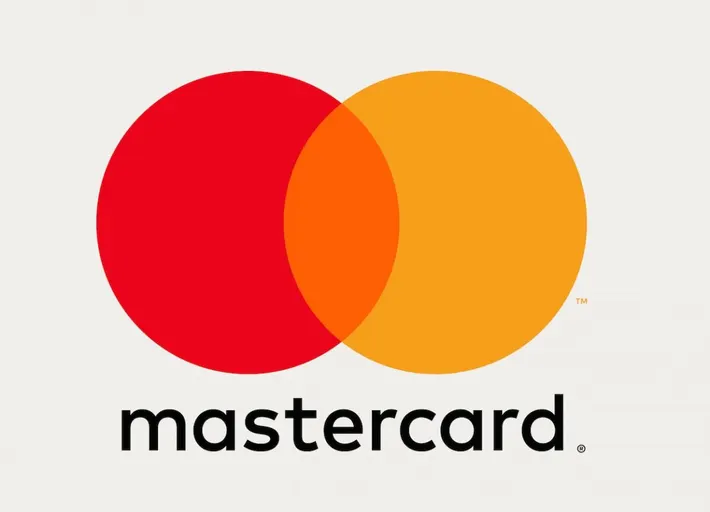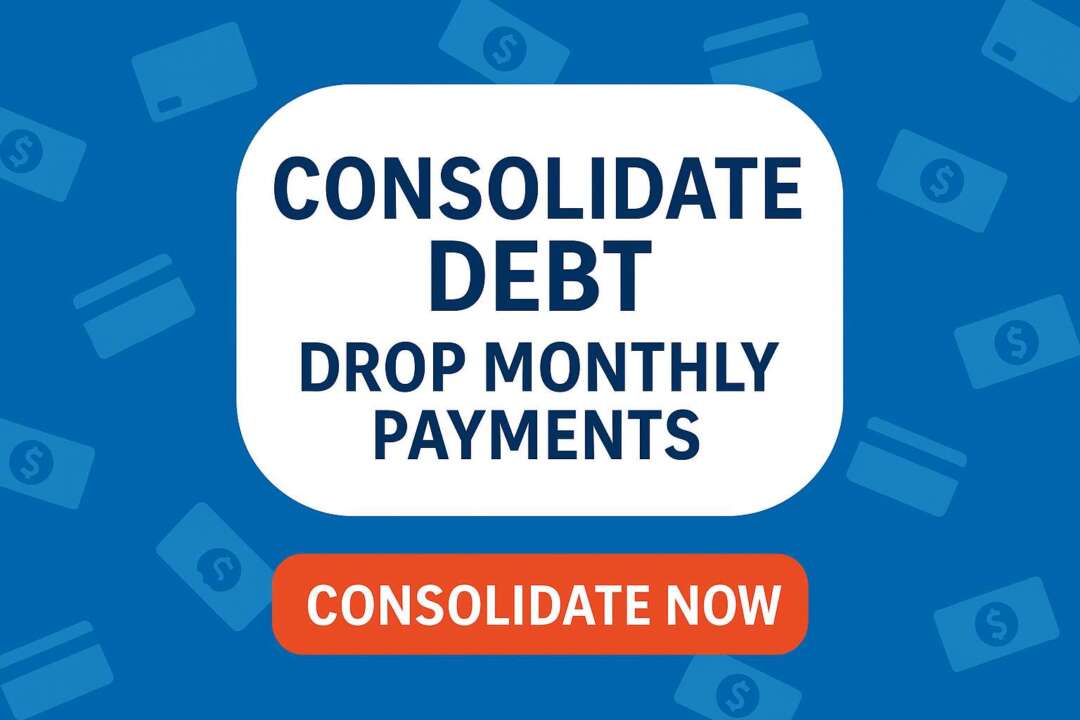
The credit card problem
Social science findings consistently show that people tend to spend more when using credit cards compared to cash. Therefore, it’s a reasonable statement to say credit cards CAN make you overspend.
Should you cut up your credit cards and go back to using only cash? That’s one way to approach the problem. But before you rearrange your life, here’s a closer look at the issue. And 5 tips on how to avoid it!
Why you overspend with credit cards vs cash
Behavioral scientists have attributed the idea that people spend more freely when they are using credit cards than if they had to pull out cash to the idea of psychological detachment. That’s a fancy way of saying that the reality of exchanging something meaningful for a purchase is removed from the shopping experience.
By not handing the store clerk anything. The purchase was psychologically free from the sense of loss. Credit card transactions create a level of abstraction that diminishes the immediate pain of spending. Hence credit cards make it easier to overspend.
This is driven by two principles of behavioral psychology: Mental Accounting and Framing.
How mental accounting affects credit card purchases?
The behavioral psychology principle of mental accounting refers to the way people categorize and mentally assign value to their money based on their criteria. When it comes to using credit cards for purchases, mental accounting plays a significant role in your purchases, even if you don’t realize it.
The Delayed Payment Effect
When you use credit cards, there is a delay between the time of the purchase and the actual payment. This delay creates a mental separation between the act of spending and the consequences of that spending, i.e the money actually coming out of your bank account.
Since the payment is deferred to a later date, you perceive the transaction as less immediate. As a result, you may be more inclined to make purchases without an immediate awareness of the financial impact.
To prevent overspending due to the delayed payment effect, consider forcing yourself to move money from your checking account into a savings account with each purchase. Even better, round up the transaction to the nearest dollar. For large expenses, round up to the nearest $10 or even $100! Then use this savings account to pay your card each month.
Credit limit as a budget constraint or spending allowance
Credit cards come with a pre-set credit limit, which can be perceived as a budget constraint. However, this credit limit is a poor boundary. It’s a reflection of what you could repay over time. Not what you can repay in a given month. Some people may view the credit limit more flexibly, allowing themselves to spend if they have available credit.
This easily logical step makes it easy to see why you would overspend with a credit card. To avoid this fallacy, rethink your credit limit. Remove the last digit from your credit limit and consider that your limit. Your finances will thank you! And by keeping your utilization rate under 10%, so will your credit score!
Separation of categories
Credit card usage can lead to mental separation of spending categories. For example, you may mentally categorize necessary expenses (e.g., groceries, gas) separately from discretionary spending (e.g., entertainment, dining out).
When you separate your spending by category too granularly, it’s easy to miss slight overspending in each of those categories. That can lead to dramatic overspending in total. Pooling these expenses in an invisible account (your credit card) where it’s seen infrequently and long after the problem has occurred, makes the impact worse.
Regardless of whether you use a credit card, debit card, or cash, there’s a solution. Budgeting your money and tracking your expenses will help you prevent overspending on a credit card, debit card, and with cash.
Minimum payment illusion
The practice of making minimum payments on credit card balances creates a psychological illusion of affordability. While you’re technically meeting your financial obligations, the accumulation of interest and long-term debt is not typically accounted for in mental accounting.
Also, it’s easy to think of the credit card minimum payment as the expense rather than actual expenses we incurred. The real expense is the total amount that we spent, not just the amount you’re required to keep the account current.
The solution: See above! Track your expenses like you would with cash. Use a savings account to feel the pain of the payment in the moment. Then pay the balance in full every month. If you struggle, you can even pay weekly! Your credit card company will not complain. On the contrary, they will be happy to have you as a customer!
Rewards and perceived value
Credit card rewards, such as cash back or points, can influence mental accounting by enhancing the perceived value of a purchase. The promise of rewards can encourage you to view certain expenditures more favorably. This has a potential to lead to overspending that will be justified by maximizing rewards. Note that shopping sales can have the same effect.
To avoid this cause of overspending on your credit card, consider rewards as a bonus. If you would not make the purchase with cash, then don’t make the purchase with a credit card.
How framing influences overspending with credit cards
The behavioral psychology principle of framing refers to the way people react to information based on how it is presented or “framed”. When it comes to using credit cards for purchases, framing can significantly influence decisions.
Positive framing of credit card rewards
Credit card companies often frame the use of credit cards in a positive light by emphasizing the rewards and benefits associated with their cards. This positive framing can influence you to focus on the potential gains, such as cash back, travel rewards, or discounts, rather than the potential costs, like interest rates or fees.
If you recognize this framing, you can more easily avoid it. As noted previously, consider rewards as a bonus only. If you would not make the purchase with cash, then don’t make the purchase with a credit card.
Promotional framing
Credit card companies use promotional framing to attract customers with introductory offers. They offer incentives like 0% APR for a limited time or bonus rewards for new cardholders. This framing can create a sense of urgency and opportunity, influencing individuals to use the credit card during the promotional period. This can cause a problem if you don’t fully consider the long-term implications.
This doesn’t mean you have to avoid special offers. But consider them carefully. Treat any new card as a new tool, not extra money. If you acquire the rewards by changing the card you use and not the purchases you make, you will be less likely to fall into this issue. Also, don’t forget to pay the balance in full each month.
It’s not practical to avoid digital money
While it might seem practical to consider using only cash to control spending, the reality is that our increasingly digital and cashless society makes that challenging. Many transactions, both online and offline, are conducted digitally, and some services are exclusively available through electronic means.
The convenience and efficiency of digital payments, coupled with the prevalence of online shopping and electronic financial services, make it unrealistic to avoid digital money entirely.
Instead of attempting to avoid digital money, a more practical and effective approach is to develop better financial management habits in the digital realm.
Tips to prevent overspending with credit cards
Here’s a quick recap of the tips to prevent credit cards from causing you to overspend.
Tip 1: Move money from your checking account into a savings account with each credit card purchase. Round up the transaction to the nearest $10 dollars to encourage personal savings as well!
Tip 2: Divide your credit limit by 10. Consider that your actual spending limit. Even then, don’t confuse the your limit with your budget.
Tip 3: Budget your money and track your expenses regularly.
Tip 4: Pay your credit card balance in full each month. Consider making weekly payments to help if needed.
Tip 5: Remember that rewards are only a bonus. If you would not make the purchase with cash, then don’t make the purchase with a credit card.






























